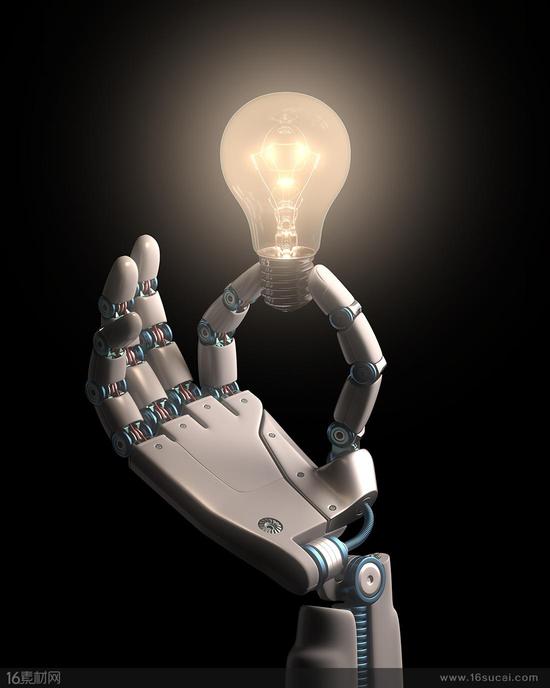Talking about the current situation of AI: It is not a panacea more like a "mollusk"

This article is brought to you by NetEase Smart Studio (public account: smartman163). Stay tuned for AI and the next big technological revolution!
[NetEase Smart News, January 20] Although the term "artificial intelligence" was officially coined in the 1950s, the idea of AI has roots that stretch back to ancient times. From Egyptian automata to Greek myths about mechanical beings, the concept of intelligent machines has long captured human imagination. The pioneers of AI, such as those at the 1956 Dartmouth Conference and the creators of the Turing Test, worked to define what AI truly meant. Enthusiasts have since tried to explain it in a way that’s both clear and compelling.
Artificial intelligence remains a mysterious and often misunderstood subject. For many people, it's still an abstract concept—something that feels more like science fiction than reality. Popular culture frequently portrays AI in a negative light, fueling fears and misconceptions about its potential impact on society.
To break this cycle of fear, it's essential to understand what AI really is. So, how can we tell if something is artificial intelligence?
In the broadest sense, AI refers to systems that can mimic human cognitive abilities, including learning, reasoning, and decision-making. A machine can be considered AI if it demonstrates intelligent behavior, even if it doesn’t learn on its own. This could be as simple as following a set of pre-written instructions. In computer science, AI is the study of creating systems that can perform tasks intelligently, adapting to different environments or situations.
However, not all AI systems require learning. Some are built using rule-based programming, where engineers hardcode specific behaviors. These systems can still be classified as AI if they achieve their goals effectively. But when it comes to complex tasks, machine learning becomes crucial. Unlike traditional programming, machine learning allows systems to improve over time by analyzing data, without being explicitly told how to do so.
So, while AI is the goal, machine learning is one of the tools used to reach it. By training on large datasets, machines can make predictions, recognize patterns, and adapt to new information. This process helps them evolve and become more accurate with each iteration.
But AI isn’t inherently better than humans. While it can perform certain tasks faster or more accurately, it still relies heavily on human expertise. Engineers design the algorithms, fine-tune models, and ensure systems work correctly. Even the most advanced AI systems today are the result of years of research, collaboration, and deep technical knowledge.
Take AlphaGo, for example. It made headlines by defeating a top Go player, but that achievement wasn’t just due to the algorithm itself. It was the result of a massive team effort, involving dozens of experts, thousands of hours of training, and powerful computing resources. AI systems today are more like specialized tools than general-purpose super-intelligences.
Many people mistakenly believe that once an AI solves one problem, it can easily solve any other. But in reality, each breakthrough in AI is the product of highly tailored algorithms, developed over years by some of the brightest minds in the field. Most AI applications today require a combination of techniques, custom data, and expert intervention to function properly.
Modern AI is still in its early stages. It’s more like a mollusk than a sentient being—capable of learning, but limited in scope. Scientists draw inspiration from biology, studying how animals adapt and learn from experience. Similarly, AI systems are constantly refined through data, much like how organisms adjust their behavior based on environmental feedback.
While progress is being made, true general-purpose AI remains a distant goal. Researchers are exploring new methods to help machines adapt to new tasks, but the journey is just beginning. As one DeepMind scientist noted, recent advances in memory, exploration, and representation offer promising signs, but there's still a long way to go.
The key takeaway is this: AI is not a magic solution. You can't just throw raw data at a system and expect it to produce meaningful results. Success requires careful planning, solid mathematical foundations, high-quality data, and skilled teams. AI is powerful, but it’s not a replacement for human ingenuity—it’s a tool that works best when used wisely.
(Source: CodeBurst, compiled by NetEase Smart; contributor: Li Qing)
Follow the NetEase Smart public account (smartman163) for the latest insights into the AI industry.
Electromagnetic Air Pumps,Magnetic Air Pumps,Air Pump Aquarium,Magnet Air Pump
Sensen Group Co., Ltd.  , https://www.sunsunglobal.com